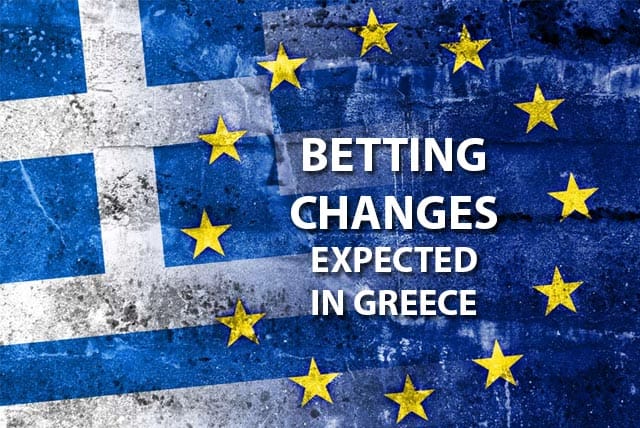Greece has confirmed that it will proceed with plans to revise its online gambling licensing regime to ensure new revenue streams for the cash-strapped government.
On Thursday, Greece’s Deputy Finance Minister Tryfon Alexiadis (pictured) informed parliament that the government intended to proceed with its plans to issue new online gambling licenses, 10 months after first announcing the plans.
Alexiadis said the government had finally had enough of the old licensing regime, under which the previous administration had issued 24 temporary licenses in 2011. These licenses were revoked the following year in what was perceived as a shameless attempt to boost the value of the government’s one-third stake in the OPAP betting monopoly before flogging that stake on the open market.
The botched licensing regime has been the subject of much legal wrangling between spurned operators, the Greek government and the European Commission. Not surprisingly, these 24 operators haven’t felt much responsibility to ante up a share of their Greek market revenue to the government. Alexiadis told parliament that the government’s total take from these operators has been less than €60k over the past three years.
In announcing its intention to revamp its online licensing regime, Greece estimated that the plan could generate up to €500m per year for the government, which is struggling to repay the €240b bailout it received from the European Union and the International Monetary Fund in 2011 after the country’s economy imploded.
Greece envisioned a system in which online licenses would cost €3m for a five-year term. Operators would have to prepay minimum tax of €1m per year although the precise rate of tax has yet to be determined.
Also unspecified is what range of products operators would be able to offer. In November, the government proposed preserving OPAP’s monopoly of online random number generator casino games, which would likely produce still more legal challenges by aggrieved international license applicants.
Source: Calvin Eyre








